trending topics
market reports
-

Registration Now Open: MEDICAL JAPAN 2026 OSAKA – Western Japan’s Largest Healthcare Trade Show
2026-02-10
-

MEDICAL JAPAN 2025 OSAKA Returns to Showcase Global Innovations
2025-02-17
-
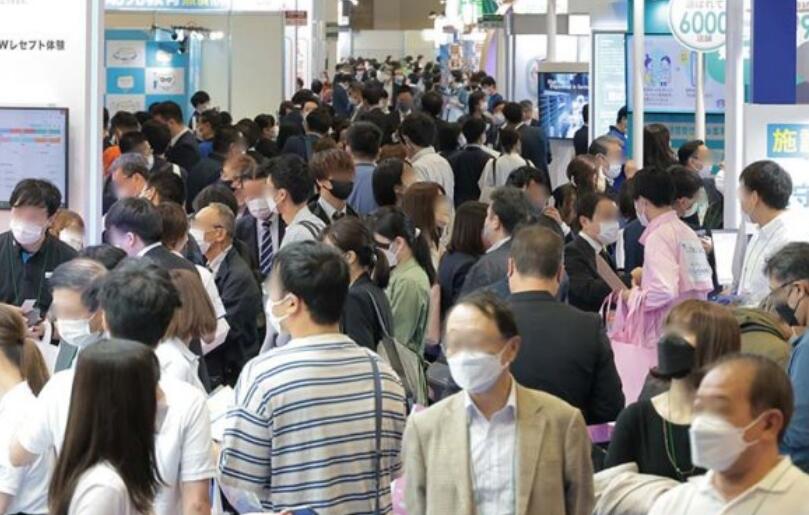
Visit MEDICAL JAPAN 2023 TOKYO and take full advantage of the business opportunities!
2023-09-01
-

US to distribute 400 million free N95 masks at CVS, Walgreens in COVID fight
2022-01-21
-
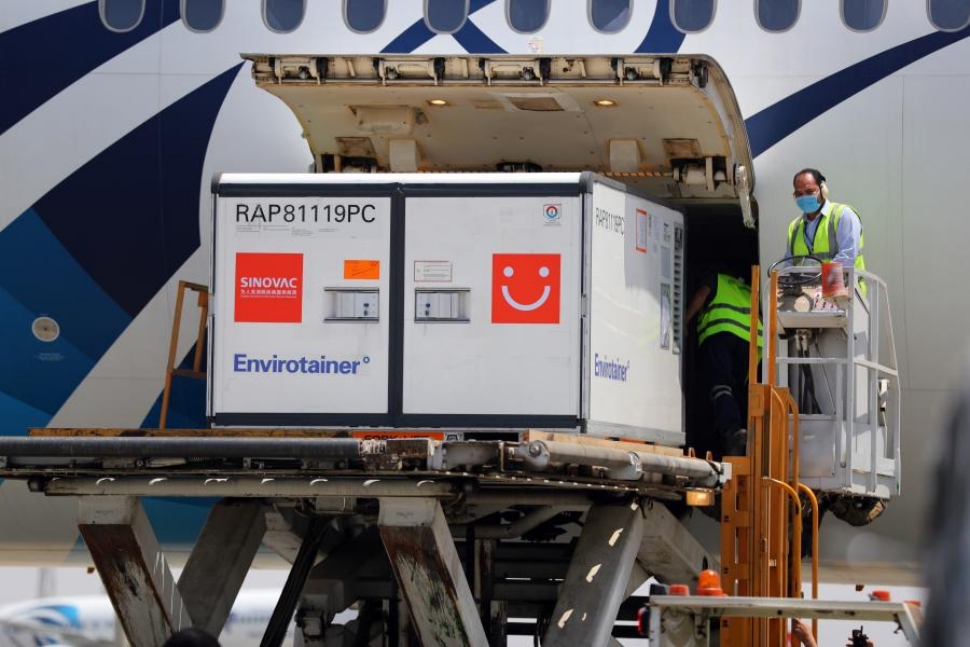
Ethiopia receives additional 2.2 mln doses of Chinese-donated COVID-19 vaccines
2022-01-21
-
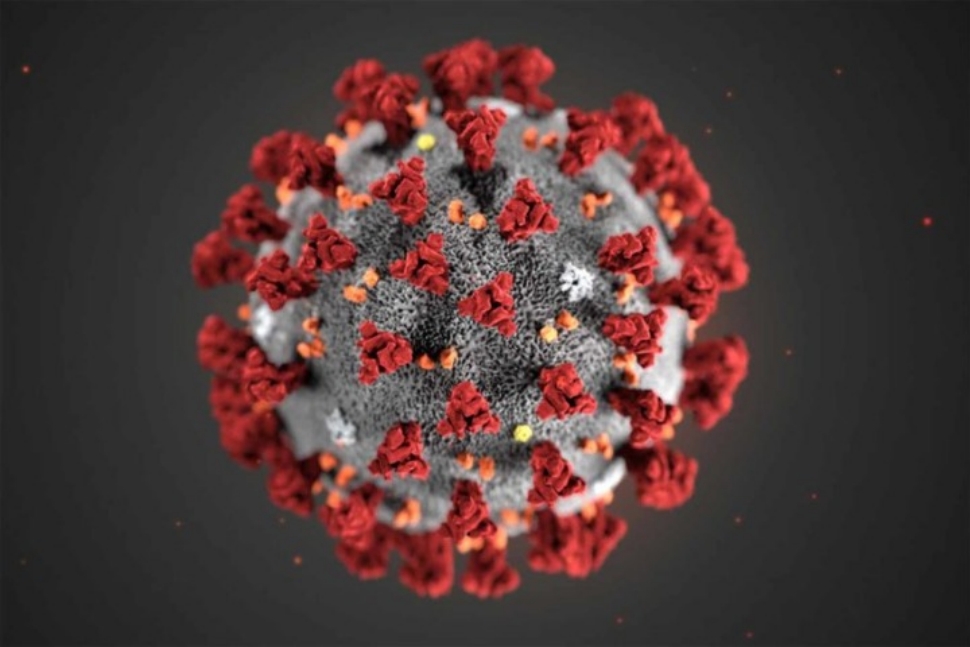
Hong Kong researchers say they develop novel material able to kill COVID-19 virus
2022-01-14
-
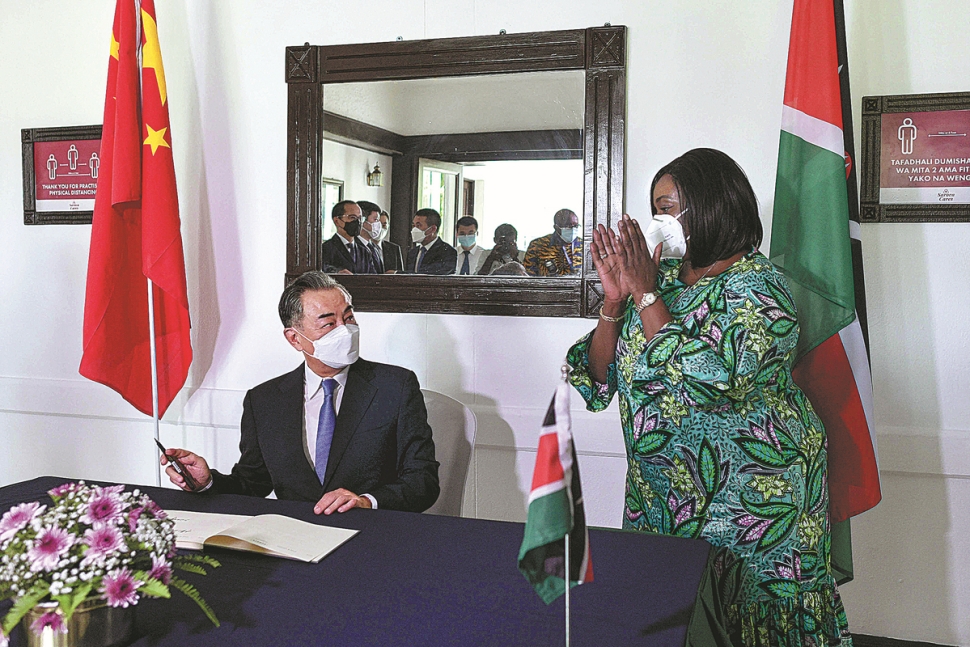
10 million more Chinese doses on way for Kenya
2022-01-14
-
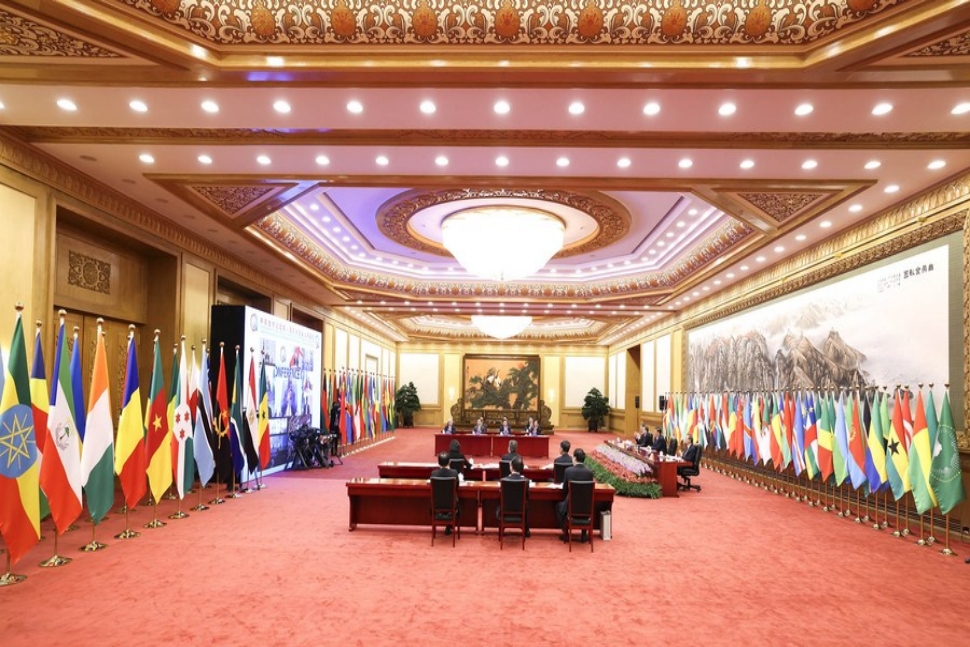
Sino-African ties on track for a brighter future
2022-01-07
-

Efforts urged to boost COVID-19 vaccine production capacity in poor countries
2022-01-07
-
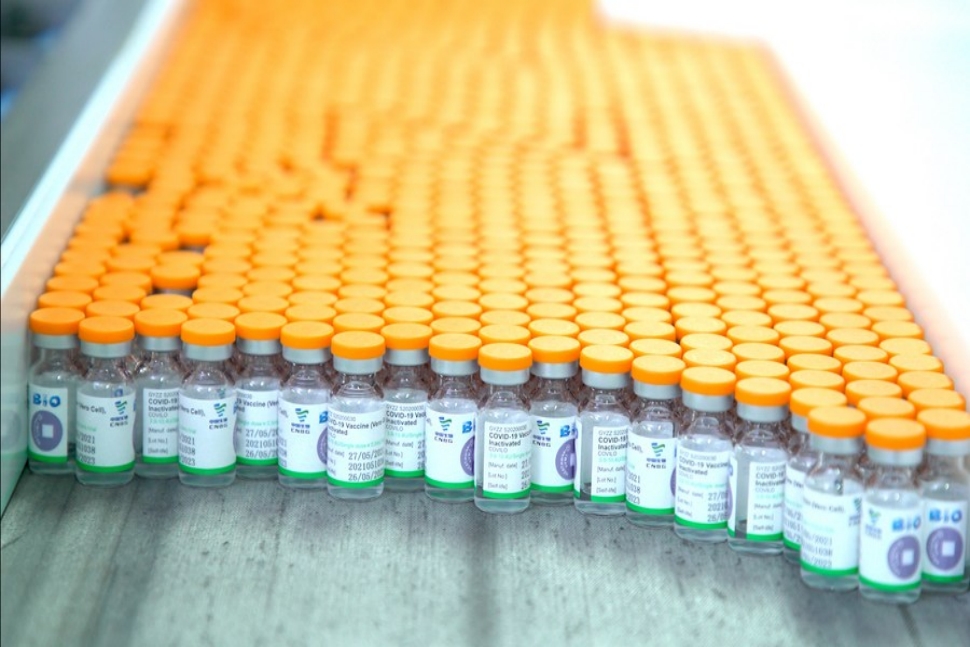
UAE approves Sinopharm's new protein-based COVID-19 vaccine
2022-01-07
Chinese COVID-19 vaccine V-01 enters phase-III trials in Philippines
2021-09-03

An employee works at the COVID-19 vaccine trial production workshop at Livzon Pharmaceutical Group Inc. in south China's Guangdong Province. (Livzon Pharmaceutical Group Inc./ Handout via Xinhua)
GUANGZHOU, Aug. 29 (Xinhua) -- A recombinant COVID-19 fusion protein vaccine (V-01) developed and manufactured in China has been approved for phase-III clinical trials in the Philippines.
The V-01 vaccine was developed by the Institute of Biophysics under the Chinese Academy of Sciences and Livzon Pharmaceutical Group Inc. (LivzonBio) in south China's Guangdong Province.
V-01 is a fusion recombinant protein vaccine with the receptor-binding domain (RBD) as the antigen. RBD is the most important part of the virus spike protein binding with human cellular ACE2 receptors. The binding process grants the virus access to the host's cells and leads to infection.
The Food and Drug Administration of the Philippines had granted approval for phase-III clinical trials of the V-01 vaccine to evaluate its safety and efficacy. The country has started recruiting adults aged 18 and older to take part in the trials. The first participant was enrolled on Aug. 25 and inoculated with the first dose.
CLINICAL TRIALS
Hu Zhenxiang, vice president of LivzonBio, told Xinhua that the phase-I and phase-II interim report for the V-01 vaccine has been obtained and shows satisfactory results.
A total of 1,060 participants enrolled in the phase-I and phase-II trials. The phase-II trials had a total of 880 participants, including 440 aged 18 to 59 and 440 aged 60 and older. The oldest participant is 83 years old. The results showed that no serious adverse events related to the vaccine had been observed. The adverse reactions were at a mild level, with spontaneous recovery occurring within three days.
With regard to immunogenicity, the seroconversion rate of the neutralizing antibody reached over 97 percent after two doses of V-01.
Hu noted that the V-01 vaccine could generate immune responses rapidly in both the adult group and the senior group, with no significant statistical difference in the geometric mean titer (GMT) of neutralizing antibodies titer between the two groups. GMT is a key immunological parameter expressing antibody response after vaccination.
Meanwhile, the vaccine also underwent testing of neutralizing activities against virus variants. The results showed that V-01 could effectively neutralize the Delta variant.
The data from the phase-I and II clinical trials of V-01, conducted in China, were respectively published in the journal Emerging Microbes & Infections and the National Medical Journal of China in July.
RBD VACCINE
Scientists have long known that the spike protein is essential for the COVID-19 virus to attach to the host cell receptor. The RBD is the portion of the spike protein that binds to host cells to initiate infection.
Wang Ming, an epidemiology expert from Sun Yat-sen University, likens the COVID-19 virus to a bad guy, and targeting the RBD is like handcuffing him. The virus cannot enter host cells.
In March, China issued emergency use authorization of an RBD-targeting vaccine called CHO Cells developed by the Institute of Microbiology under the Chinese Academy of Sciences and Anhui Zhifei Longcom Biopharmaceutical Co., Ltd.
Compared with other approaches used by vaccines to fend off the virus, the RBD-targeting vaccine is relatively easy to produce and scale up because it requires only a small portion of the virus' spike protein to manufacture. It is more cost-efficient and easier to store and transport.
Hu said the annual production capacity of Livzon's V-01 vaccine could reach 3.5 billion doses.
Besides the Philippines, the company has also applied for phase-III clinical trials in over 10 countries, including Egypt, Indonesia, Russia, Rwanda, South Africa, Pakistan, Malaysia, Turkey and Mexico. It plans to roll out clinical trials for the booster shot in Malaysia, Turkey, Mexico, and Rwanda.
In May, researchers from Peking University and other Chinese research institutes reported in the journal Cell Research that taking an RBD recombinant protein vaccine as a booster shot may be an optimized immunization plan in the future.
(XINHUA)



 My Member
My Member Message Center
Message Center











